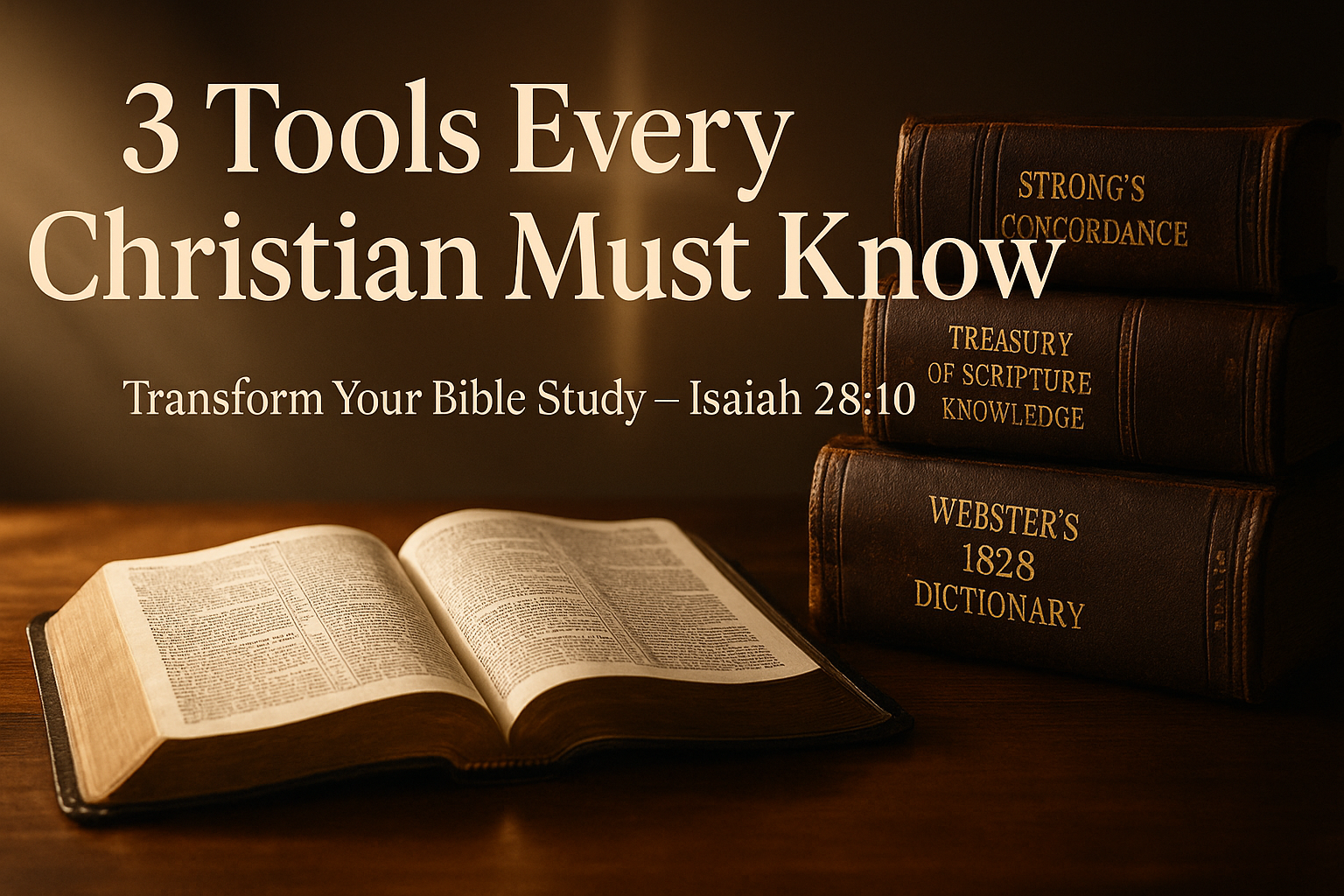Isaiah 28:9–10, Romans 12:2, and 2 Corinthians 10:5
We live in a world that floods our minds with content—from news feeds and entertainment to opinions from strangers online. But for believers, there’s a higher calling: to think differently. Scripture commands us not to conform to this world, but to be transformed by the renewing of our minds. That’s not a one-time decision; it’s a lifelong pursuit.
And transformation begins with how we think.
Every Action Starts as a Thought
There’s a clear chain of causality in human behavior: thoughts create emotions, emotions spark motivations, motivations lead to intentions, intentions result in actions, and actions carry consequences. This process—thought to consequence—is at work in every life. Good or bad, small or catastrophic.
Think of Mariner I, the 1962 NASA spacecraft lost because of a missing hyphen in its code. One small omission cost millions and delayed space exploration. Or AT&T’s 1990 network crash—caused by a single line of faulty code. Or software bugs in 1980s radiation therapy machines that caused patient deaths. The principle is simple: bad code leads to devastating results.
The same is true spiritually. A single misunderstanding in the way we read or interpret scripture can write faulty code into our minds—leading to fear, confusion, and sometimes real-world consequences.
Scripture Is the Christian’s Source Code
Isaiah 28:10 speaks of learning “precept upon precept, line upon line.” Though the original context carried a warning, the method remains sound. Just like you build a house brick by brick, you build a renewed mind through scripture—one verse, one precept, one truth at a time.
But this isn’t something we do by human intellect alone. The Holy Spirit, who inspired the authors of the Bible, lives within us. Before reading, pray for understanding. It doesn’t need to be a long or fancy prayer. Just, “Lord, help me understand.” That’s enough. He may give insight immediately or later through a sermon, a friend, or another passage. But He will give clarity.
Three Tools Every Christian Should Use
To rightly divide the Word of Truth, there are three essential resources every believer should use—tools that bring the original meaning of scripture to life:
-
Strong’s Exhaustive Concordance of the Bible (KJV)
This tool assigns numbers to every word in the King James Bible, linking it back to its Hebrew or Greek root. That means when you read a word like “conversation” in Philippians 1:27, Strong’s helps you understand it doesn’t just mean talking—it refers to your entire conduct and way of life. -
The Treasury of Scripture Knowledge
This massive cross-reference system includes over 500,000 scripture links. Why is that important? Because scripture interprets scripture. If a passage is unclear, cross-referencing shows where the same word, theme, or idea appears elsewhere in the Bible. For example, 1 Timothy 5:22 warns against laying hands on someone hastily. Some interpret that as a warning against spiritual contamination. But when compared to Acts 13:3, 2 Timothy 1:6, and others, it’s clear: laying on of hands signifies alignment, agreement, and public endorsement—not the transfer of demons. -
Webster’s 1828 Dictionary
Language evolves. Words used in the 1600s don’t always mean what they mean today. This dictionary, built during the era closest to the King James translators, helps decode older English. For instance, “charity” in 1 Corinthians 13 means much more than today’s “giving to the poor.” It describes a deep, godly love in action.
Why the King James Version?
Not everyone finds the King James easy to read. But there are good reasons to use it as a study Bible. It preserves precise second-person pronouns—“thee” (singular), “ye” (plural)—which modern versions often blur. That matters. When Jesus says in John 14:12, “Verily, verily, I say unto you,” the “you” is plural. He’s addressing the group. Later, He uses “he that believeth on me,” a general statement. Then, “whatsoever ye shall ask…”—again plural. The KJV shows exactly who is being addressed.
Understanding this helps prevent misinterpretation—and clarifies the promises and commands of Christ.
A Digital Advantage—No Excuses
These tools aren’t just dusty tomes for seminary students. They’re all available online or through free apps like Blue Letter Bible or e-Sword. What once required a library and years of training is now accessible in seconds. In the palm of your hand, you have access to definitions, cross-references, and study aids that make scripture clearer and richer.
That’s a blessing—and a burden. Because now, there’s no excuse. Christians must become students of the Word, not merely listeners. We are commanded to study, to test everything, to renew our minds, and to cast down arguments that oppose the knowledge of God.
On Difficult Questions and Sound Doctrine
People often ask tough questions—like whether a believer who dies by suicide is lost. Scripture answers this clearly. If salvation depends on faith in Christ, and Christ’s atonement is complete, then no single act—even suicide—can undo that salvation. Salvation is not fragile. It is anchored in Christ, not human consistency. That doesn’t make the act righteous. It just means the soul is still redeemed.
When people misunderstand this, it’s often because they’ve trusted opinions, traditions, or commentaries more than scripture. That’s why every teaching—yes, even from the pulpit—must be tested. Like the Bereans, search the scriptures to see whether these things are so.
A Final Thought: God’s Will Is Not a Mystery
God wants His children to understand His will. No loving Father hides His intentions. The Bible is clear: we are to believe in the Son, renew our minds, and measure all things by the standard of His Word. That’s the work we’re called to do. And it’s possible—because God gave us the tools, the Spirit, and His written Word.
So study. Ask. Compare. Pray. And let the Word renew your mind.
Because if the Bible says it, we believe it—and that settles it.






